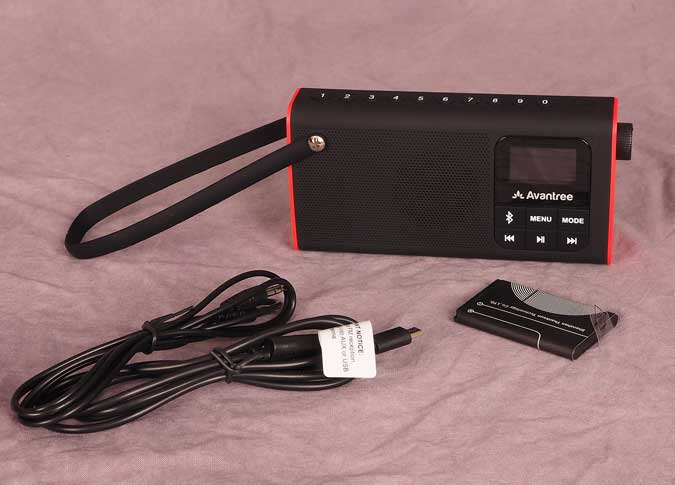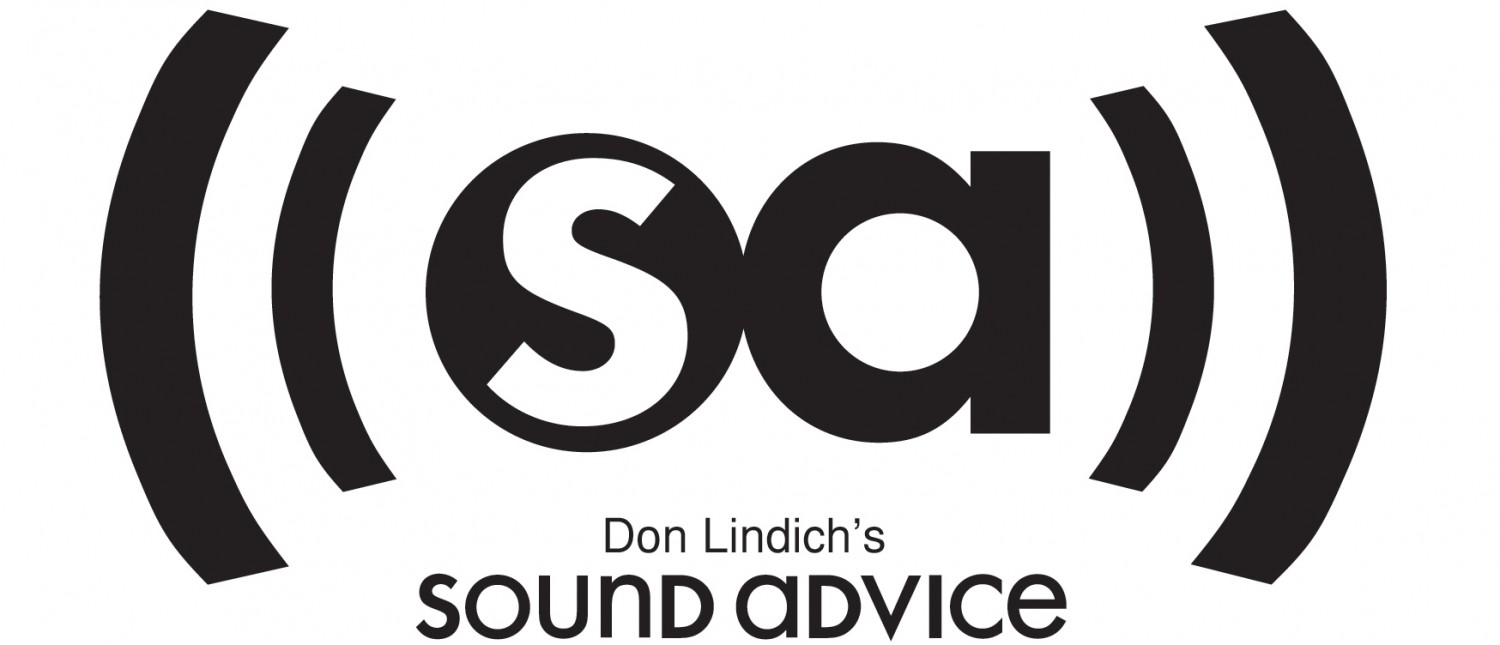
Sound Advice
By Don Lindich
Week 51, 2020
Consumer alert: A few weeks ago I warned that pandemic-related supply chain disruptions may make some electronic products hard to come by this year. I am already seeing many popular items put on indefinite backorder, especially with hi-fi components. Retailers have communicated their frustration about this to me, and readers are communicating their disappointment with increasing frequency as well. If you are in the market for yourself or someone else, please make your move as soon as possible to avoid being shut out!
Q. I would like a battery-powered FM transistor radio for my bathroom counter. I had one with decent sound but it quit working, and the ones I have tried since have all sounded tinny. It doesn’t need to be waterproof. Any suggestions?
-C.C., St. Paul, MN
A. “Transistor radio” is something of an obsolete term now, carried over from when having transistors rather than tubes was a thing and it made small radios possible. It has come to be analogous to a portable, battery-powered radio so while I will be making some recommendations they will likely have integrated circuits, rather than separate transistors.
I recommended the Avantree SP850 a few years ago and it is still a good choice today. It combines an FM radio, a Bluetooth speaker and a MicroSD media player for $34.99. The rechargeable battery is user-replaceable and you can add extra batteries for $9.99 each. I have one myself and the FM reception is quite good. The easiest place to buy one is on Amazon, and it can also be seen on manufacturer website avantree.com.
If you are looking for something fancier, the C. Crane company is synonymous with radio and they have small, full-featured models starting at $65. ccrane.com
As a final note, readers may find it interesting that when tubes gave way to transistors decades ago, many audiophiles felt that tube amplifiers sounded better than the new solid state amplifiers. As integrated circuits started becoming more widespread, the audiophile consensus was that solid state amplifiers that relied solely on transistors for amplification (called “discrete”) were superior to new designs with integrated circuits in the amplifier section. Most of today’s better amps and receivers do use discrete circuitry in their amplifiers, though integrated circuits may be used in other parts of the component.
Q. Why does the telephone “on hold” waiting music sound so bad? It seems to be universal and all companies have the same poor quality sound that varies in volume, is very distorted, and has noise superimposed on top the “music.” Are they trying to get you to hang up?
C.P., Oakland, CA
A. I do not have specific details, but my guess is that the music is highly compressed to save on costs. They are also likely using royalty-free music of very low quality. Your telephone speaker is not a high quality transducer either, so any flaws in the sound are likely to be magnified.
I never thought about the reasons for the sound being so poor, and the idea that they may be trying to deliberately annoy you into hanging up is an interesting one. It reminds me of the rumor/urban legend that though you may be offered regular or decaf coffee on an airline flight, all the coffee served is actually decaf and this is done because the flight attendants would prefer you sleep while onboard. If anyone reading this has more information on the poor sound quality of hold music, please contact me and I will provide an update in a future column.
